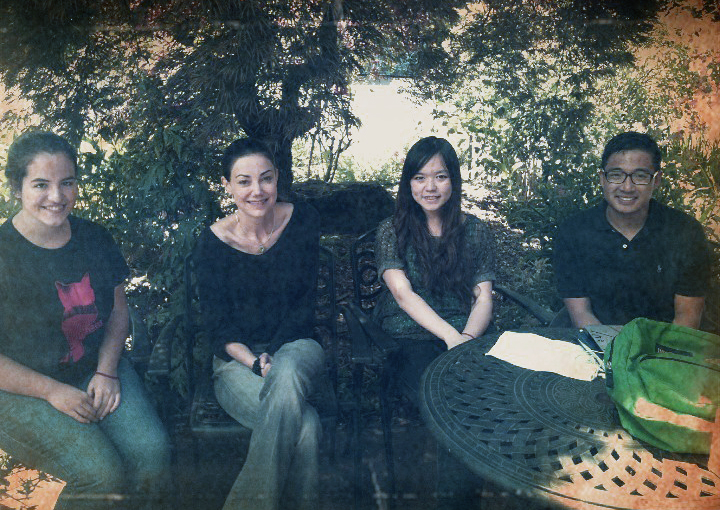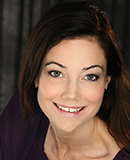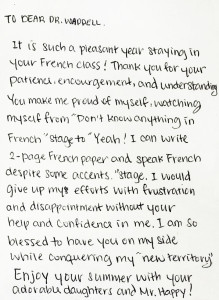Contact Information
Email: hwaddell@u.washington.edu
It is my goal to open my students’ minds to new ways of thinking, to guide them to achieve academic excellence, and to strive to create a more compassionate community.
“Holly is the type of teacher all others should aspire to be like… She is so committed to students loving, living and learning the language that she does everything she can to help students understand. And on the off chance someone still doesn’t get it and we have to move on to stay on schedule, Holly will take time outside of class to meet with you to make sure you do.”
— Student evaluation, French 125, Winter 2014
Teaching Philosophy
I believe that a teacher should possess a heightened sense of curiosity, an open mind, and an awareness of the privilege of her position. I respect my students by carefully planning all classes, by clearly outlining my expectations, and by making myself available to them on an individual basis. In return, I expect that my students engage fully with the course.
It is my job to provide a motivating environment which is structured enough so that students feel comfortable, yet is rigorous so that they are constantly challenged. I consequently ask my students to tackle difficult texts, to think creatively, and to take risks intellectually.
Teaching Language and Culture
My pedagogical training has consistently focused on methods which promote the ACTFL standards of oral proficiency. In addition to pedagogy classes at the University of Georgia and at Northwestern University, I also participated in the ACTFL workshop and international conference. I am a certified Oral Proficiency Interviewer for French.
I have found that using communicative classroom activities, along with guided on-line language activities, greatly improves students’ speaking skills. Moreover, I strive to promote cultural awareness in my classes, drawing from French and Francophone music, film, art, literature, and current events. My students work in groups to present a region of France or Francophone country.
I believe that difficult texts and concepts work well in an introductory or intermediate environment. They not only prepare students for more advanced classes, but also, they give students an added sense of accomplishment by creating a stimulating learning environment. For example, I teach selections from Franz Fanon’s Peau noire, masques blancs to my first year students, so that they begin to think immediately about the significance of speaking a “foreign” language. I also ask intermediate students to write thoughtful essays, to read longer texts, and to prepare well-thought out presentations.
Teaching with Technology
One of my successful beginning language courses uses a web project I created called “Bon Appétit!” The web pages guide students through different activities as they work in small groups to create their own “virtual restaurants.” At the end of the course, each group creates an on-line dossier in the target language which includes a description of their restaurant, a menu, a floor plan, a newspaper restaurant review, directions for taking the metro, and an advertisement. On the final day of class, the groups present their projects, performing commercials, which I film and put on-line.
Past students clearly enjoyed this type of project, and it is rewarding since students learn not only to negotiate, to compromise, and to problem solve in the target language, but also, to appreciate the culture, history, and day-to-day life of those in a French-speaking country. I have found that technology, when used with care, can be invaluable in the language-learning classroom.
Teaching Literature
I think that literature is a unique form of text which requires students to pay particular attention to literary construction, poetic or figurative language, authorial intent, and genre. At the same time, the study of literature promote a socially conscious understanding French culture. I ask students to consider for instance, how the literary text enters into the political, artistic, philosophical, or economic “conversation” of its time. To this end, I help students to place the text within a broader cultural context even as they also are trained to draw out its narrative secrets. I believe that students must have a sense of the “real-world” importance of literary texts; to this end, I ask students to reflect on difficult questions of race, gender, and structures of power. I think that the best literature course is one where my students feel empowered to analyze literary texts in writing and discussion, where they continue conversations about the books outside of class, and where they leave with a hunger to read more.


